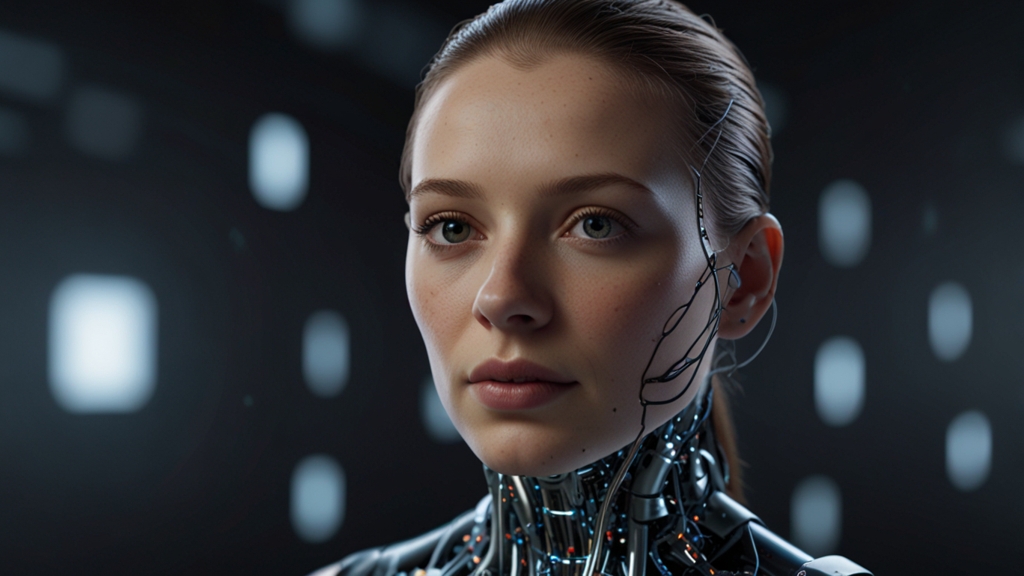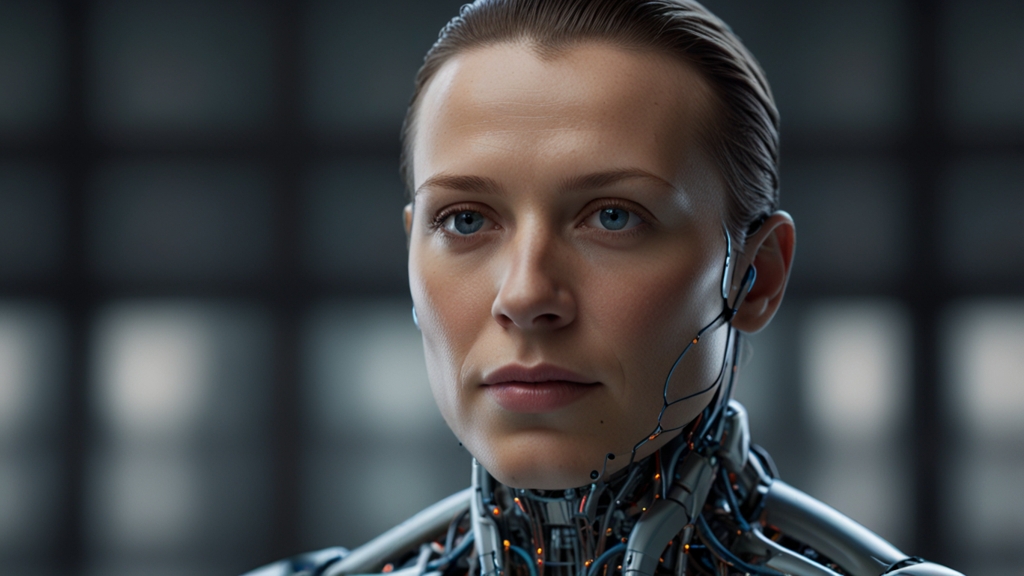The Future of AI Predictions That Will Blow Your Mind
Artificial Intelligence (AI) has come a long way from its inception and continues to evolve at an accelerated pace. As we look toward the future, it's becoming clear that AI will play a transformative role in multiple facets of human life, ranging from healthcare to entertainment and everything in between. Let's explore some AI predictions that are not just fascinating but could fundamentally change the way we live and interact with our world.
Healthcare Revolution
One of the most profound impacts of AI will be seen in healthcare. With advancements in machine learning, predictive analytics, and data mining, AI promises to revolutionize the medical field. AI-powered diagnostic tools will greatly enhance the accuracy and speed of diagnosing various conditions. Imagine an AI algorithm that can analyze medical images to detect early signs of diseases like cancer or Alzheimer’s, with an accuracy level surpassing human capabilities.
"AI is set to significantly improve patient outcomes by providing personalized treatment plans. IBM's Watson, for instance, is already being used to tailor treatment options based on a patient’s genetic makeup," says Dr. Jane Doe, a leading AI researcher in healthcare.
Moreover, remote patient monitoring and telemedicine services will receive a boost from AI technologies, reducing the need for frequent hospital visits and enabling continuous health monitoring from the comfort of one's home.
Autonomous Transportation
The buzz around autonomous vehicles has been growing for years, and we are closer than ever to seeing self-driving cars become a common sight on our roads. Companies like Tesla, Waymo, and Uber are investing heavily in AI algorithms that enable vehicles to navigate complex environments safely and efficiently. The implications of this are enormous, including reduced traffic accidents, lower emissions, and improved mobility for those unable to drive.
In addition, AI will extend its reach to public transportation systems, making them more efficient through predictive maintenance, optimized routing, and real-time passenger analytics. This will result in shorter travel times and enhanced user experiences.
Transformation of Work and Industry
AI's influence on work and industry cannot be overstated. From automating repetitive tasks to enhancing human capabilities through augmented intelligence, the workplace of the future will look vastly different. AI-driven robots will handle dangerous and monotonous tasks in manufacturing plants, allowing human workers to focus on more complex activities.
"By integrating AI into the supply chain, businesses can achieve unprecedented levels of efficiency and cost savings. Predictive analytics will help in forecasting demand, optimizing inventory levels, and reducing waste," highlights John Smith, an expert in industrial AI applications.
Furthermore, AI will play a critical role in enhancing creative professions. Generative algorithms can assist in creating art, music, and even complex software codes, expanding the boundaries of human creativity.
Personalized Experiences
As AI continues to evolve, the era of one-size-fits-all is coming to an end. AI algorithms can analyze vast amounts of data to deliver highly personalized experiences in areas like marketing, entertainment, and education. For example, streaming services like Netflix and Spotify use sophisticated recommendation engines to suggest content that matches individual preferences, making each user’s experience unique and engaging.
Similarly, in the realm of education, AI-powered adaptive learning platforms are being developed to cater to the specific needs, strengths, and weaknesses of each student, thereby enhancing learning outcomes.
Challenges and Ethical Considerations
While the potential for AI is staggering, it’s essential to address the challenges and ethical considerations that come with it. Issues related to data privacy, bias in AI algorithms, and the potential for job displacement need to be carefully managed. Policymakers, businesses, and researchers must collaborate to ensure that AI is developed and deployed in a manner that is ethical and equitable.
"The future of AI holds great promise, but it is also fraught with ethical dilemmas. It is crucial that we create governance frameworks to ensure that AI is used responsibly," warns Dr. Emily Adams, an AI ethics advocate.
In conclusion, the future of AI is bound to be remarkably transformative. Its applications will touch nearly every aspect of our lives, offering solutions to some of our most pressing challenges while creating opportunities for unprecedented advancements. However, as we forge ahead, it is crucial to proceed with caution, ensuring that the benefits of AI are realized in an inclusive and responsible manner.







